Posts in Category: Board Games
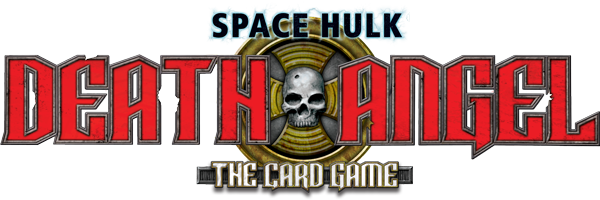
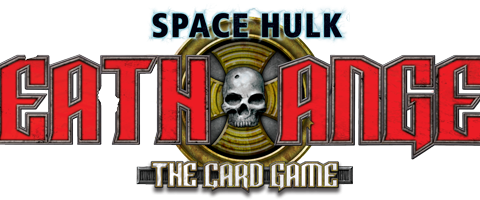
Space Hulk: Death Angel Review
In space no one can hear you scream. Not that the Space Marines scream, you understand. Genetically engineered and unquestionably loyal to the Emperor of the Warhammer 40K universe, these fighting machines fight and die with zeal and fervor – no regrets, no remorse type of an affair. A small squad of these heavily armoured warriors armed with chainswords, flamethrowers and psionic powers is deployed to a Space Hulk – a remnant of a ship floating through space. Heavy infestation of alien zerg-like Genestealers is reported.
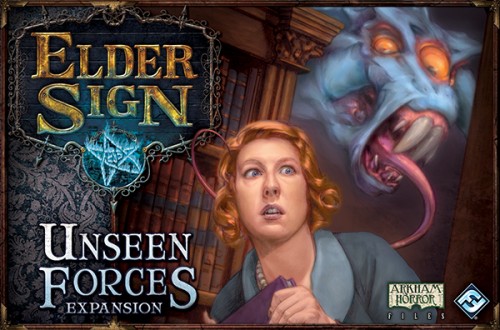
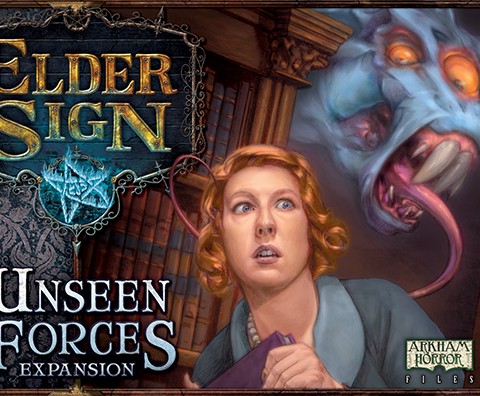
Elder Sign: Unseen Forces Review
In 2011, Fantasy Flight Games, the champion of superior components and incomprehensible rulebooks have released Elder Sign. In that cooperative game, players took on the roles of fedora-wearing investigators in 1920’s, sneaking around old museums.The purpose of their investigation is to uncover clues that can prevent an immense extraterrestrial entity, a Great Old One (shortened anticlimactically to a GOO) from awakening and annihilating existence as we know it.
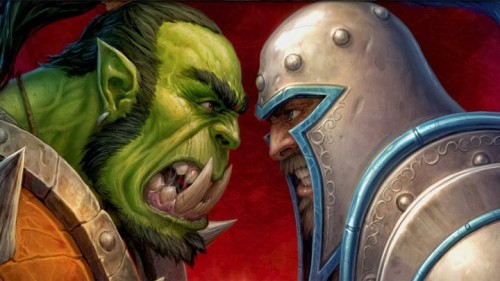
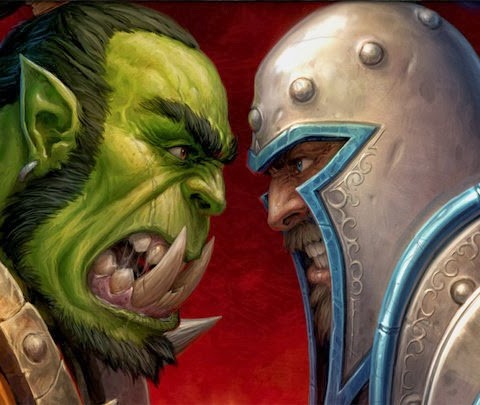
Competitive vs. cooperative
Any time you read a description of the game, among the first descriptors to be applied – before theme, before number of players, before play time – is whether the game is a co-op or involves competition. Rightly so, as arguably it is this attribute that has the most impact on the player experience. Lets compare, then, what each format brings to the table before judging their merit:
